Many people who have ADHD notice that they have sleep problems. These include disturbed sleep, trouble getting to sleep and a lot of trouble waking up. If you can identify with this, or know someone who does, this article will help explain why ADHD and oversleeping/ disturbed sleeping often go together.

Main symptoms of ADHD
The link between ADHD and sleep disturbances has been overlooked in the past as two completely separate things, however, new studies are showing that they’re closely related. ADHD can cause sleep-related problems. Before we delve into this, it’s important to understand some of the key symptoms of ADHD. ADHD (Attention Deficit Hyperactivity Disorder) affects brain activity, leading to variations of:
- Hyperactivity
- Impulsiveness
- Difficulty concentrating
- Mood swings
Main sleeping problems associated with ADHD
ADHD impacts around 3% of adults, and 5-7% of children. However, around 75% of adults and children with the condition also report sleep-related problems.
Oversleeping/difficulty waking up
Oversleeping and having a lot of trouble waking up seems to be common among those with ADHD. Many report feeling restless until the early morning hours, where they then proceed to fall into a very profound sleep. This ‘sleeping like the dead’ state they’re in makes it extremely difficult to rouse themselves. When sleeping like this, they can easily miss multiple alarms, and even attempts from others to get them out of bed have little effect. Some with ADHD describe not feeling fully alert until noon, and are often grumpy and/or aggressive when roused before they’re ready. ADHD and oversleeping are a common pair.

Problems falling asleep
The majority of people with ADHD (¾ of all adults with the condition) say they feel unable to shut down their mind at night. They display ‘night-owl’ behaviour, having greater bursts of energy once the sun has set. Others feel tired during the day but more awake at night. Again, their thoughts are racing and seemingly ‘all over the place.’ Most times, these thoughts are anxious and worrisome and jump from one to the next. This is all part of the mental restlessness that ADHD brings to a person. Problems falling asleep appears to increase with age for those that have ADHD. 10-15% of pre-pubescent children with ADHD find it hard to get to sleep. By age 12, approx 50% of children with ADHD have trouble getting to sleep. And by age 30, over 70% of adults claim they spend over an hour trying to sleep.

Intrusive sleep
This is when someone may fall asleep or become drowsy very suddenly during the day. An expert on EEG findings in ADHD found this is usually caused by an intrusion of Theta waves in the normal alpha and beta brain waves we have when alert. Those with ADHD have a tendency to hyperfocus, which means if they’re engaged in something they find challenging and interesting, they don’t demonstrate symptoms of the disorder. They will manage to concentrate fully on their task if it interests them. However, once interest in the subject is lost, the nervous system disengages and begins to scour for something more diverting. Occasionally, this disengagement is so sudden it can cause extreme drowsiness, causing the person to even fall asleep. Essentially, someone with ADHD could potentially lose consciousness due to boredom.
Restless sleep
Many individuals with ADHD have very fitful, restless sleep. Once they manage to sleep, they often toss and turn and awaken to any noise. Often they’ll wake up to see their bed covers and pillows all over the place from so much movement during the night. Their sleep is usually not refreshing and can wake up just as sleepy as when they went to bed.
Why does this happen?
One explanation is that sleep issues are a direct result of having ADHD. Thomas Brown, PhD, a researcher in ADHD suggests that the condition causes impairments in certain brain functions. One of these is the ability to regulate and sustain arousal and alertness. This means that the brain may become alert/aroused at night rather than during the day etc. ADHD causes hyperactivity, making it hard for the brain to rest and shut down––even at night.
Another reason is that those with ADHD may have inaccurate circadian rhythms. A circadian rhythm is our body clock, which regulates when we feel sleepy and when we feel awake. Many with ADHD struggle to accurately judge the passing of time. It’s as if they see things only as “now”, or “now”. A disruption in circadian rhythms can lead to delays in the body’s release of melatonin, our sleep hormone. Melatonin levels increase and decrease in time with our circadian rhythms. Those with ADHD suffer from delays in the release of melatonin at night. This is an obvious signal that the circadian rhythm isn’t synchronised.
Then, there’s a link between ADHD and oversleeping, as well as many other sleep problems. However, is there a way of minimising or curbing these issues altogether? Check out our article on how to sleep with ADHD.
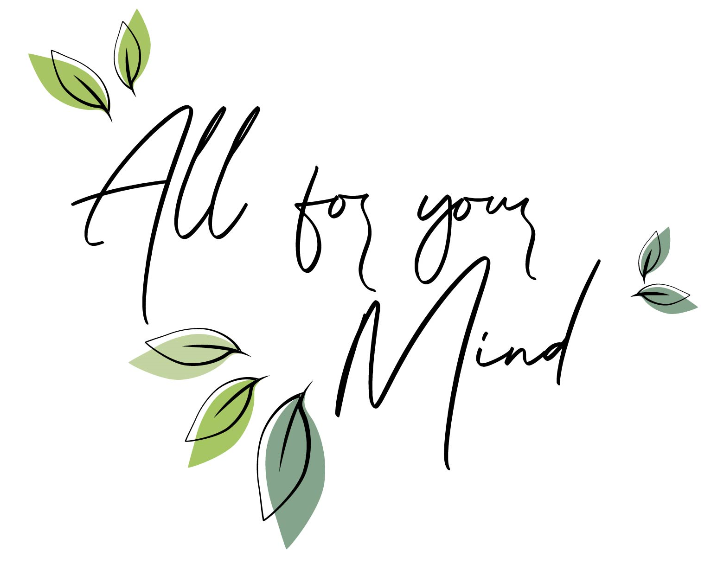
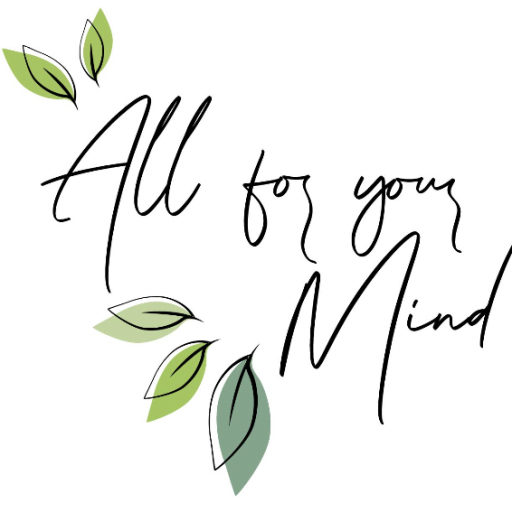




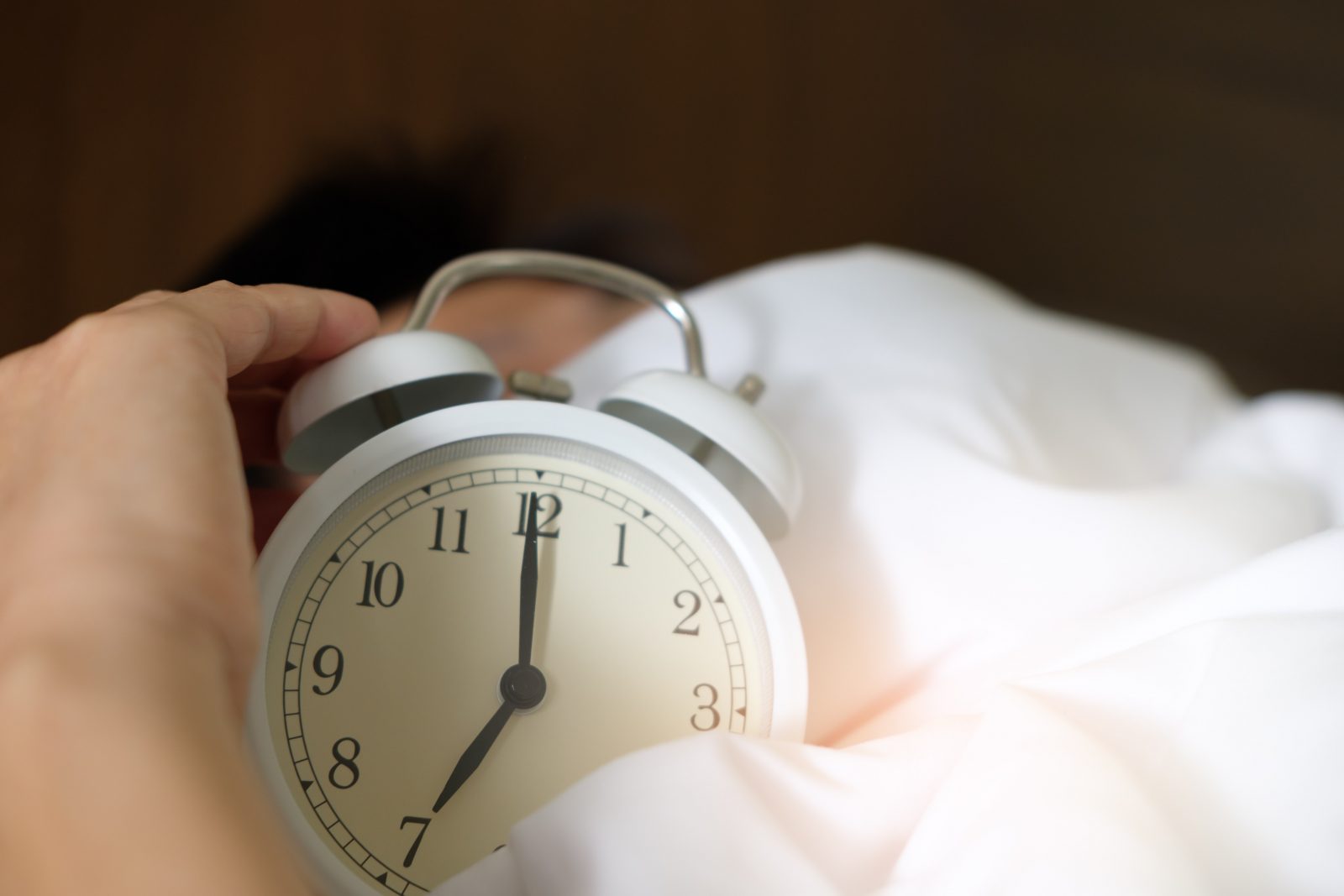








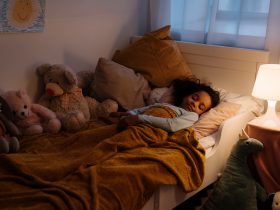

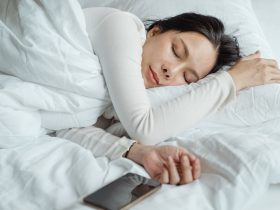
19 Comments